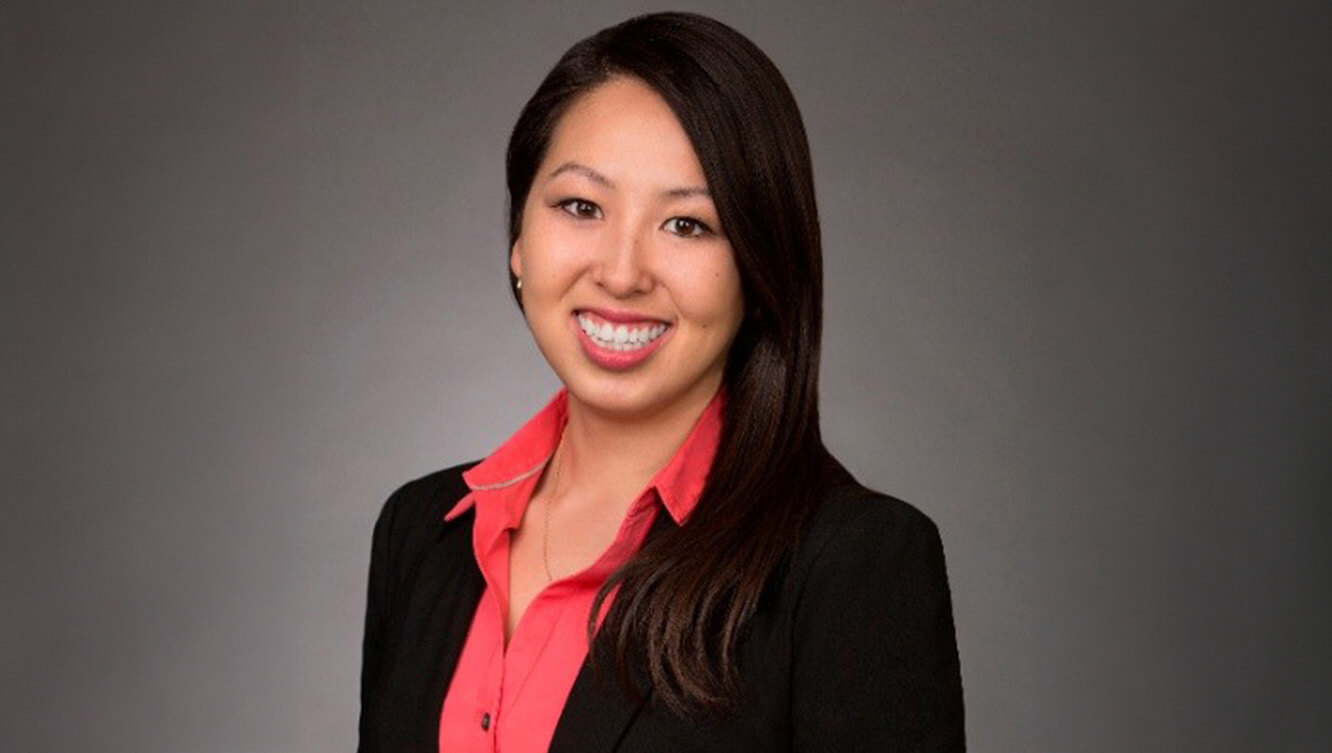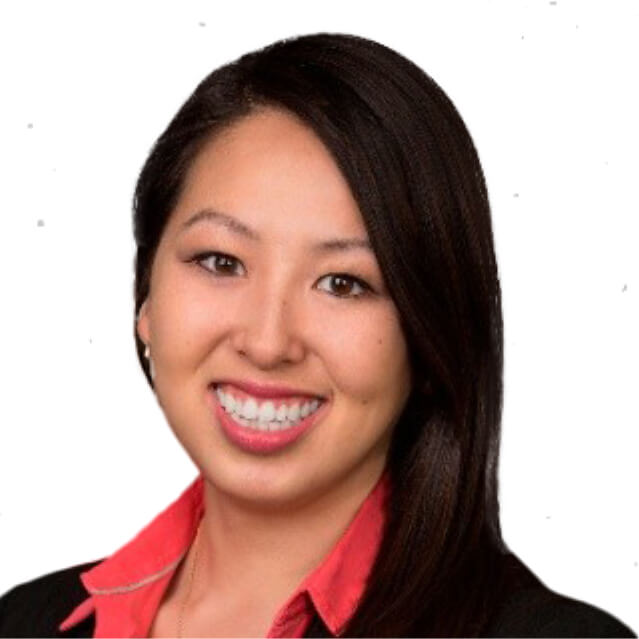Volunteer SpotlightDarlene TzouNational Capital Area Chapter

Darlene Tzou first heard about AFSP from a colleague who was raising money for an Out of the Darkness Walk in memory of her son. Looking for an organization to volunteer with during the pandemic, in 2020, Darlene looked up her local AFSP chapter on her phone, and filled out a volunteer application.
However, Darlene’s connection to the cause hearkened back to years earlier, when as a law student, she learned a former college friend had taken her own life. Familiar with mental health struggles herself, Darlene now serves on the National Capital Area Chapter’s board as the Education Chair, helping to lead local suicide prevention education efforts in her area.
“When I first learned of my college friend Wendy’s death by suicide, I felt some shame in not having checked in on her. We had been on the board of the school organization Awareness of Roots in Chinese Culture together, and she was an absolute sweetheart. I had been diagnosed with depression in college myself, and knew well about the pressures we deal with in school, especially from Asian parents and the perceived need to not let our struggles show. I had isolated myself at that time, and after running into her after graduation, I still regret not checking on her.
During the pandemic, I connected with a therapist I felt really understood me. I made a lot of progress, and decided it was time to give back. I was interested in AFSP’s education efforts, because what helped me the most was understanding my mental health. We can truly make a difference by sharing the knowledge of what people are going through and how to help them.
I love that AFSP has many different education programs to reach people of all ages, from elementary school, middle school, high school, college, teachers, and parents, to the general public. I also appreciate that AFSP has separate modules of its education programs, because it shows that AFSP understands there are different considerations and issues that need to be addressed depending on the person and their environment, whether it is due to workplace, age, identity, culture, or other factors.
This work has been very rewarding. I can’t change anything in my past, but I can try to make the future better.
I’m now in charge of our chapter’s Education committee, and coordinate the presentation of our education programs to the public, as well as table at events in the community. I help train our presenters, and make sure that other volunteers understand our work and how to represent AFSP and our evidence-informed knowledge to those they encounter. Aside from presenting our education programs, I find tabling very rewarding, because we are letting the public know about all the resources that are available to them.
Often after one of our education presentations — whether it’s Talk Saves Lives, More Than Sad, It’s Real, or another program — someone will come up to us, thank us for our work, and also open up about a loss they have experienced. I feel so grateful when people choose to share their story with me; it shows how important it is for us to create a culture and community where it is okay for people to talk about their experiences.
The more we share and educate the public, the less taboo the subject of suicide will be, and the less fear people will have in reaching out for help. It also increases people's ability to support others who are struggling.
This work has been very rewarding. I can’t change anything in my past, but I can try to make the future better. While I wish I had these resources and support for myself years ago, and for my friend, I can now help make them available to those currently struggling, and help them to talk away the dark by educating others.”
